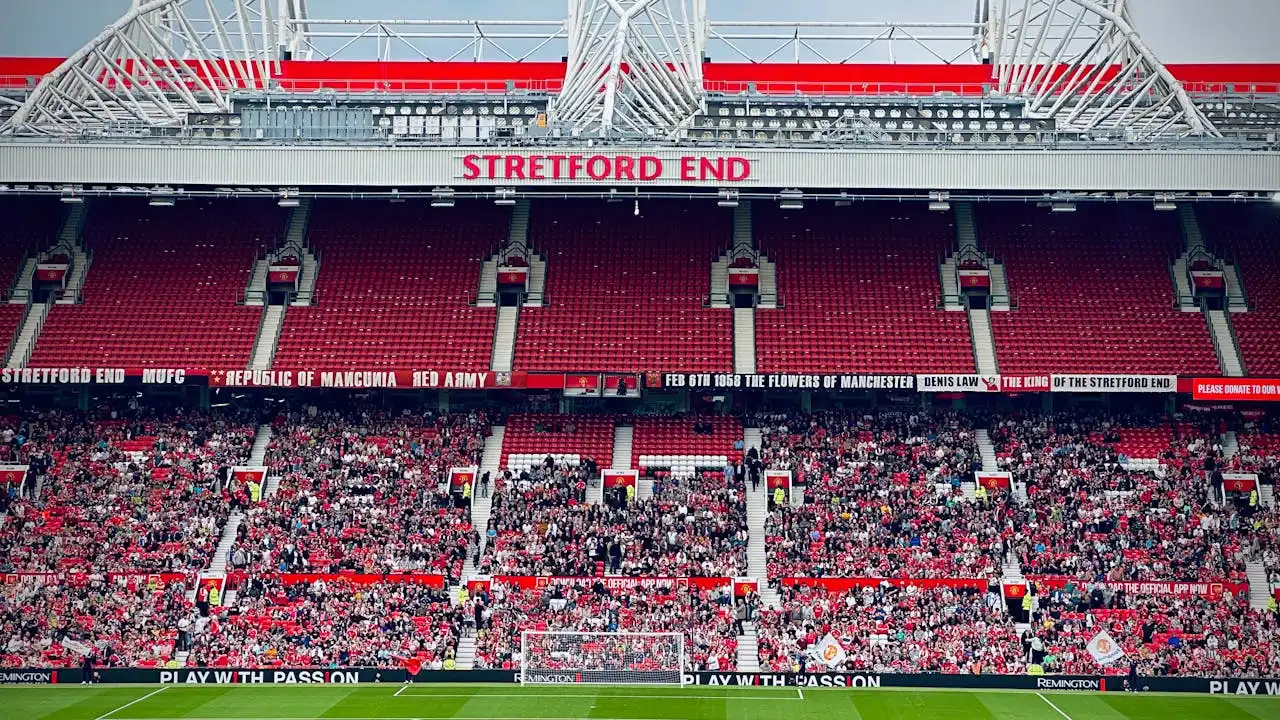There are football clubs, and then there’s Manchester United. More than just a team, it’s a living, breathing saga, a narrative etched into the very soul of sport. From the deepest valleys of despair to the sun-drenched peaks of unprecedented glory, their journey isn’t just a series of matches won or trophies lifted; it’s a masterclass in resilience, a testament to what can be achieved when a community refuses to buckle, even in the face of unimaginable tragedy. Truly, if ever there was a phoenix rising from the ashes, it's Manchester United. The story, heartbreakingly, begins on a snowy runway in Munich, February 6, 1958. This was the moment the world held its breath, then collectively mourned. The 'Busby Babes,' as they were affectionately known, were more than just a football team; they were a symbol of youthful exuberance, dazzling talent, and the future of English football. Under the visionary guidance of manager Sir Matt Busby, this squad, with an average age of just 22, was on the cusp of conquering Europe. They’d just secured passage to the European Cup semi-finals, their dreams seemingly within reach. But fate, as it often does, had a cruel twist in store. The plane crash, attempting to take off from a slush-covered runway, claimed 23 lives, including eight of those magical players. Duncan Edwards, Roger Byrne, Tommy Taylor – names that still echo with a mournful reverence, talents extinguished far too soon. Sir Matt himself was gravely injured, his life hanging by a thread. The immediate aftermath was absolute devastation. How could a club, a family, recover from such an unfathomable loss? Many would have simply folded, understandable given the sheer magnitude of the sorrow. But Manchester United, it turned out, was built from sterner stuff. Against all odds, Busby survived. And with a spirit that defied logic, he refused to let the dream die. His resolve was legendary, a quiet, steely determination that became the club's bedrock. The rebuild was painstaking, emotionally draining, and utterly miraculous. Young players were brought in, seasoned veterans stepped up, and Busby, still reeling from personal loss, meticulously pieced together a new team. It was a labour of love, a solemn promise to those lost that their sacrifice would not be in vain. The entire city of Manchester, and indeed, the footballing world, watched with a mix of awe and admiration. A decade later, the ultimate redemption arrived. On May 29, 1968, at Wembley Stadium, Manchester United, led by the incomparable George Best, the majestic Bobby Charlton (one of the few survivors of Munich), and the formidable Denis Law, faced Benfica in the European Cup final. It was an epic encounter, a nail-biting affair that went to extra time. When the final whistle blew, United had triumphed 4-1, finally, gloriously, lifting the coveted trophy. The tears flowed freely, a poignant mix of joy and remembrance. Busby, his face etched with emotion, had fulfilled his vow. It wasn't just a trophy; it was a memorial, a declaration that the spirit of the Busby Babes lived on. The years following Busby’s retirement saw United navigate a period of ebb and flow. They had their moments, their FA Cup wins, but the consistent dominance of the Busby era proved elusive. Then, in November 1986, a fiery Glaswegian by the name of Alex Ferguson arrived. He walked into a club with immense potential but also a touch of underachievement. His early years were famously tough; silverware wasn't immediate, and the pressure was immense. But Ferguson was a visionary, a meticulous planner, and a man whose self-belief could move mountains. He overhauled the entire structure, from the youth academy upwards, demanding excellence and instilling a fierce winning mentality. What followed was an era of unprecedented, jaw-dropping dominance. From the inaugural Premier League title in 1993, a drought-breaker after 26 long years, Manchester United became the benchmark. Think 'Class of '92' – Beckham, Giggs, Scholes, Neville, Butt – homegrown talents who became global superstars. Think the Treble in 1999, arguably the greatest season in English football history, snatching the Premier League, FA Cup, and Champions League in a breathless few weeks. It was a masterclass in never-say-die attitude, famously exemplified by injury-time winners and dramatic comebacks. United wasn't just winning; they were winning with swagger, a flair that captivated fans worldwide. Under Ferguson, Manchester United transformed from a beloved English club into a truly global phenomenon. Their brand transcended football, becoming synonymous with success, ambition, and entertainment. Red shirts appeared in every corner of the planet. Pre-season tours became rock concerts. Old Trafford became a pilgrimage site. Ferguson eventually retired in 2013, having amassed an astonishing 38 trophies, including 13 Premier League titles and two Champions League crowns. His legacy was simple: he made United the biggest club in the world, a veritable footballing empire. The post-Ferguson years have, admittedly, been a bit of a rollercoaster. Reaching the dizzying heights of his reign was always going to be an Everest-level challenge for any successor. There have been struggles, rebuilding phases, and a constant quest to reclaim that unassailable top spot. Yet, even through the ups and downs, the allure of Manchester United remains undimmed. Their global fanbase is still immense, their history still compelling, and that unique, indomitable spirit, born from the crucible of Munich and forged in the fires of Busby and Ferguson, still burns brightly. Manchester United isn't just about the current squad or the latest transfer rumour. It's about a narrative that spans generations, a story of triumph over adversity, of dreams realised against the odds. It’s a testament to the enduring power of sport to unite, to inspire, and to heal. From the tragedy of Munich to the global domination orchestrated by Ferguson, Manchester United's journey is a reminder that some legends, truly, are forever.












